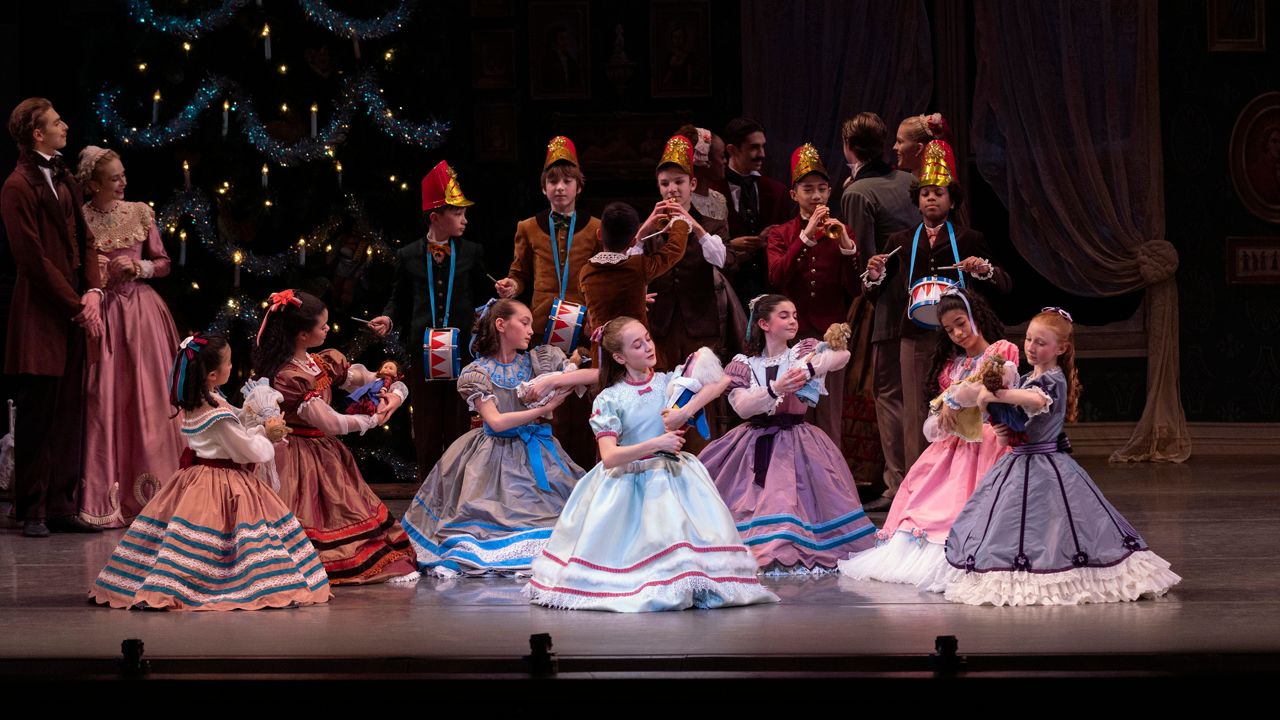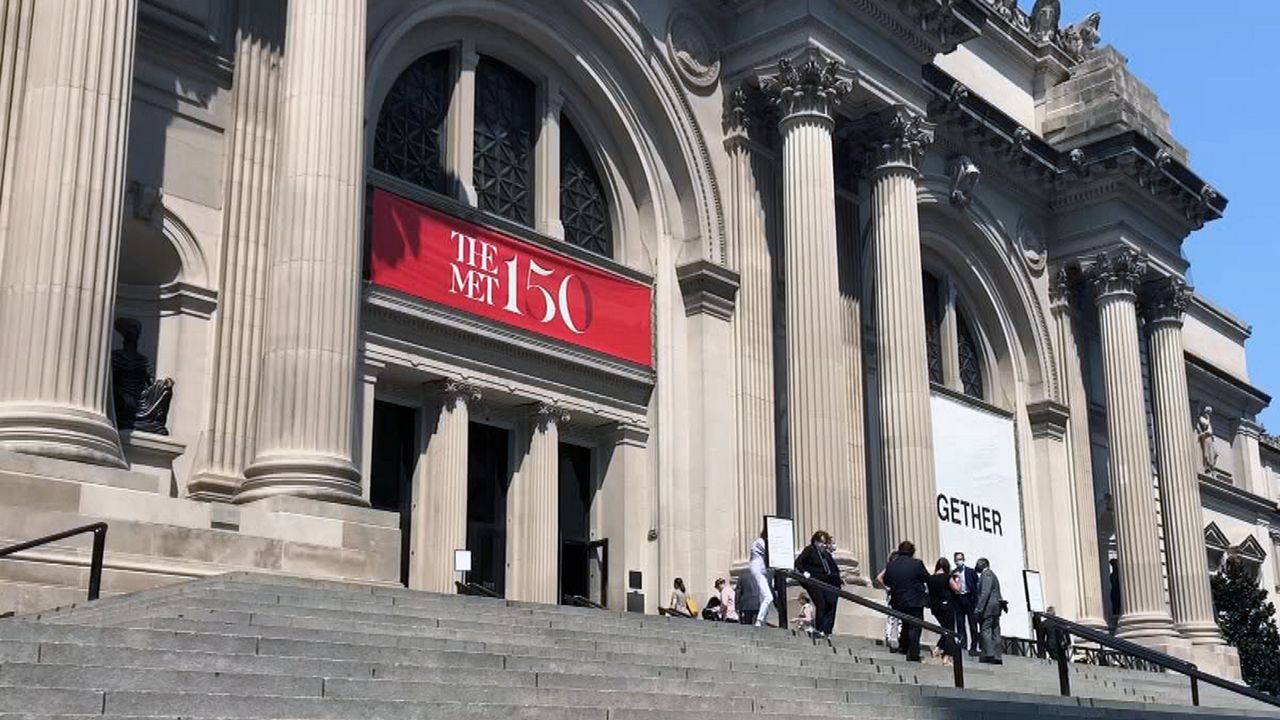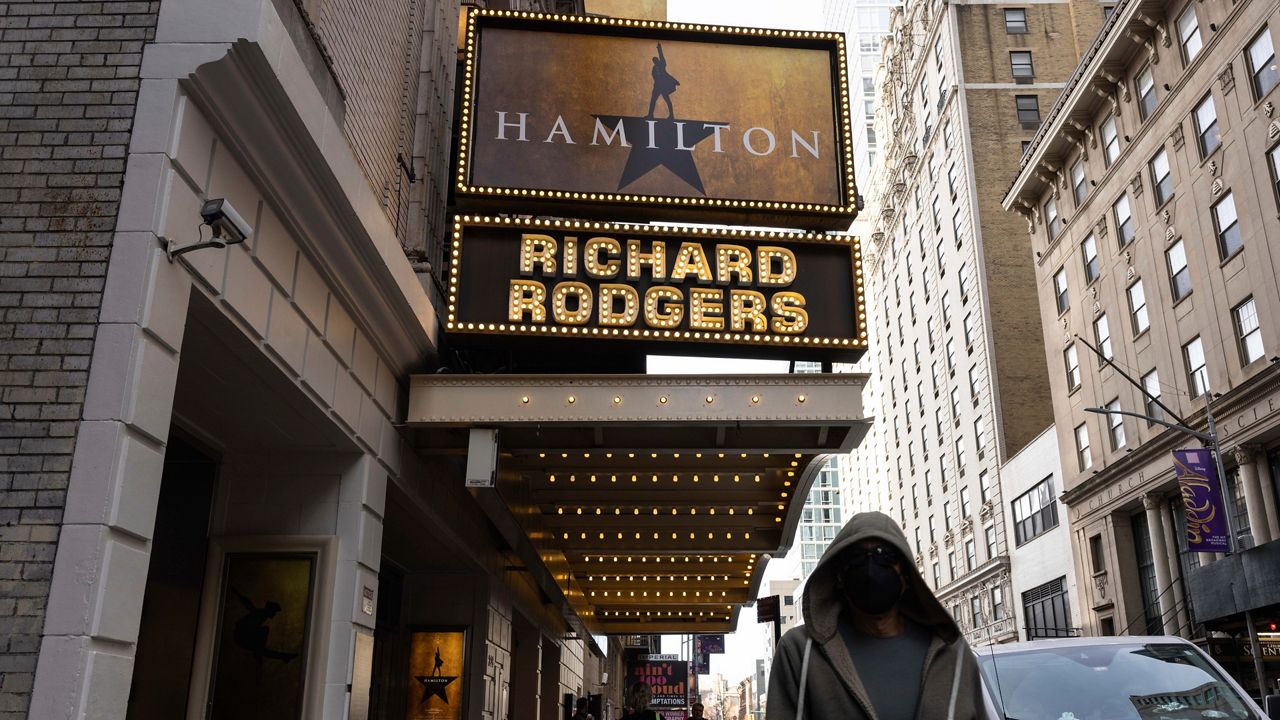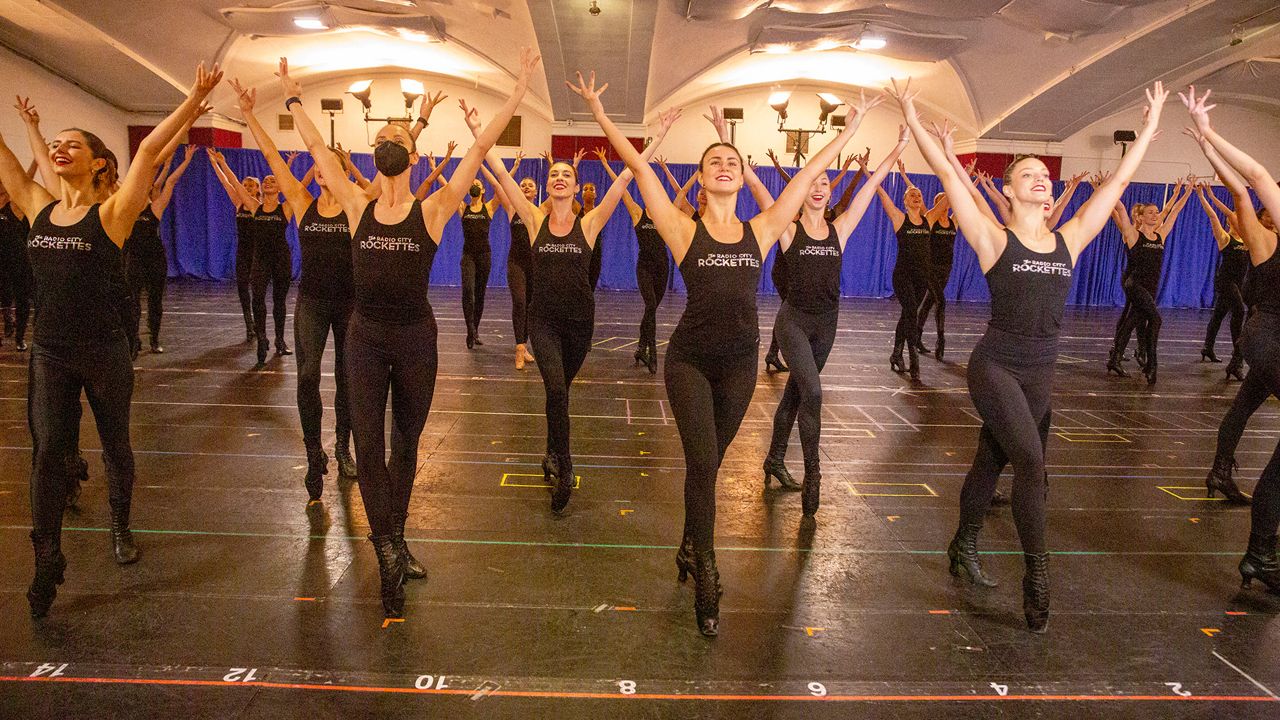"Did you get confirmed for your vaccination”? Maria Galindo asks into her phone with her warm, empathetic voice.
Galindo has been a lifesaver for many in the South Bronx. These days, she signs people up for COVID-19 vaccinations or calls to make sure they go back for their second shots.
"A lot of people are seniors and they qualify at this phase, but said they don’t know how to go online so we help them with that," explained Galindo.
This is a departure for Galindo, a volunteer coordinator, and for her employer, the Bronx Documentary Center. Before the pandemic, the center was filled with students learning photography and visitors attending exhibitions. When the COVID-19 crisis erupted, the center moved programming online and began to serve the community in a new way.
It launched a website to help residents stay informed. And when some said they didn’t have internet skills, Galindo helped to teach them.
Although it faces financial challenges, the center promises that it will continue to help.
"So whatever they need that is what we are going to offer," said Galindo.
Across the city, the Queens Museum is pitching in, too. Opening a food pantry and joining with local charities to feed about 20,000 people during the pandemic.
"Corona was the center of the pandemic so people really need all this food," said Gianina Enriquez, the community outreach organizer at Queens Museum.
The museum also organizes clothing drives and provides free COVID-19 testing. Its executive director, Sally Tallant, says for the museum to thrive, the neighborhood has to thrive. And like other cultural institutions offering this kind of help, the inviting atmosphere makes it a safe space for many.
"We're not asking people to register for this service, so if they are feeling that they are living with a level of precarity or they maybe don't have insurance, they know they can come here and get food and they know they can come here and get tested. Even though they can do that in clinics, I think there is hesitation in some cases," said Tallant.
Here at the Queens Museum, civic engagement is a two way street. Most of the volunteers here are from the community. And the museum promises to continue these efforts even after COVID-19. It's a sentiment echoed at Lincoln Center where the venues are dark, but the plaza has come alive as a food pantry.
"We really believe in arts as civic practice and what that really means is understanding what the needs are in the community and trying to meet it,” said Leah Johnson, executive vice-president of Communications, Marketing, and Advocacy.
Lincoln Center is making an unprecedented long-term commitment to supporting its community and also hopes to become a vaccination site.
The city's Cultural Affairs Commissioner says this shift by dozens of institutions represents the future.
"To continue to expand their mission, to not only present cultural work and cultural experiences, but understanding what does it mean to be a great neighbor," said Commissioner Gonzalo Casals.
Even when the city is filling with music, art and dance once again.









